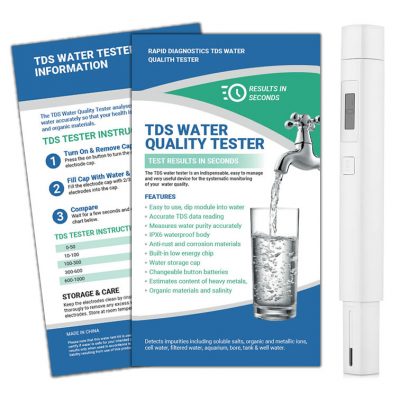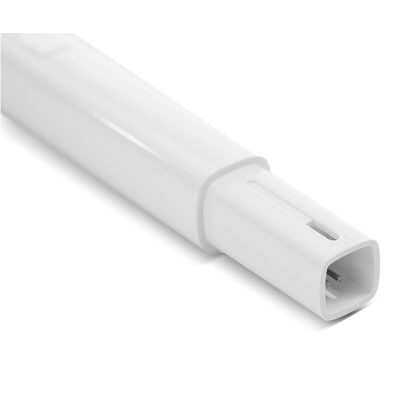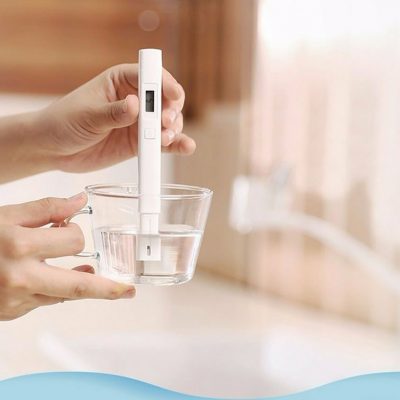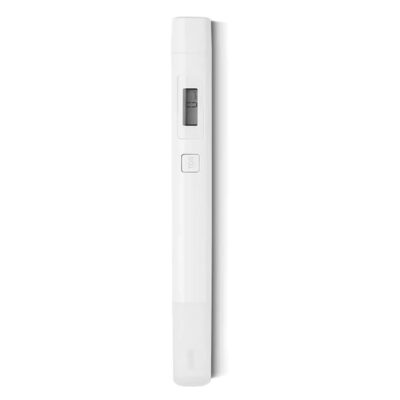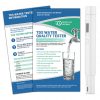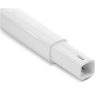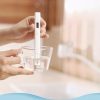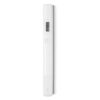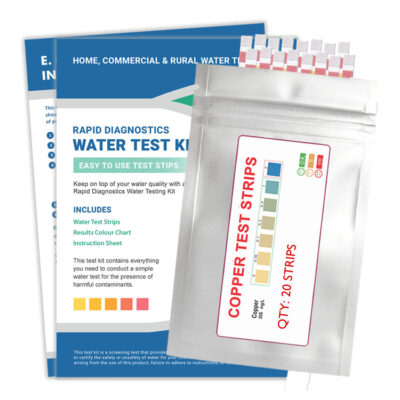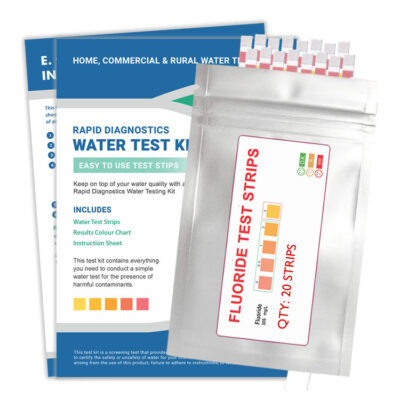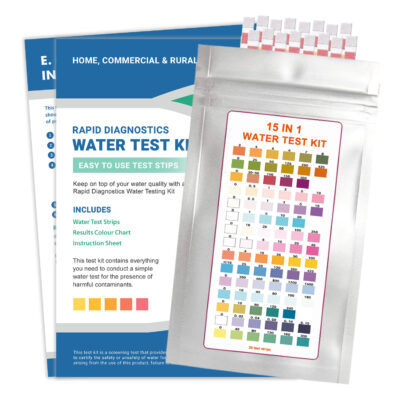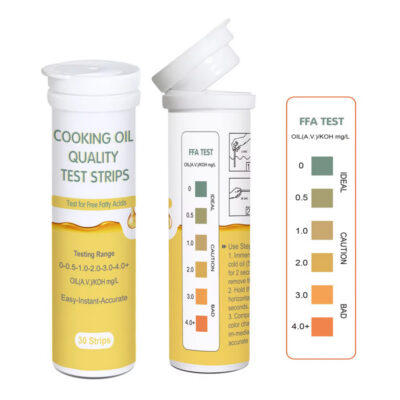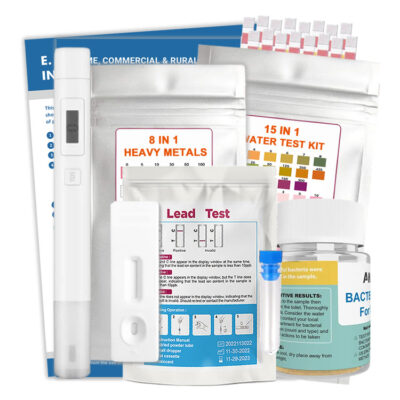Description
The Total Dissolved Solids TDS Water Tester helps you understand how much total dissolved solids are in your water, including many types of minerals, salts, calcium, magnesium, potassium, sodium bicarbonates, chlorides, sulphates and other organic matter.
The lower your water TDS levels are, the more efficiently your body cells can use the water. Note that the TDS Water Tester does not provide you with a reading on which chemicals or contaminants are found in the water being tested.
TDS Water Tester Features Include
- 3-in-1 Function with Backlit LCD Panel
- Test Total Dissolved Solids (TDS)
- Test Electrical Conductivity (EC) of water for purity
- Detect Temperature of water being examined
TDS Test Range
- Measuring Range: TDS: 0 - 9999 ppm, Conductivity: 0 - 9999 µs/cm
- Temperature Range: 32 - 210°F/ 0 - 99°C
- Accuracy Level of ±2% F.S.
The Total Dissolved Solids (TDS) Water Tester is accurate and reliable. The advanced meter features Automatic Temperature Compensation (ATC) which means that the tester automatically compensates for solution temperatures within a range of 32°C.
When using your TDS Water Tester, the amount of total dissolved solids found in water does not necessarily mean the water is unsafe for consumption. Still, it does provide you with an indication if further testing is required.
- Abnormally High Levels of Dissolved Solids found in water are normally caused by hard water, which means high dosages of mineral content. This causes a bad taste and smell.
- Medium To Low Levels of Total Dissolved Solids is the result of water being purified.
- Extremely Low Levels of Dissolved Solids can be a problem as it can be associated with corrosion which impacts your pH levels, making the water acidic.
Total Dissolved Solids Results Chart
Following is an example of pure to unacceptable levels of TDS in water being used for human consumption.
- 0-50 Pure
- 10-100 Good
- 100-300 Fair
- 300-600 Poor
- 600-1000 Unacceptable
Total dissolved solid levels will vary depending on the type of water being tested, the area of the country you are in and the source that the water was taken from.
For more information, please read the How to Use TDS Water Testers article.

